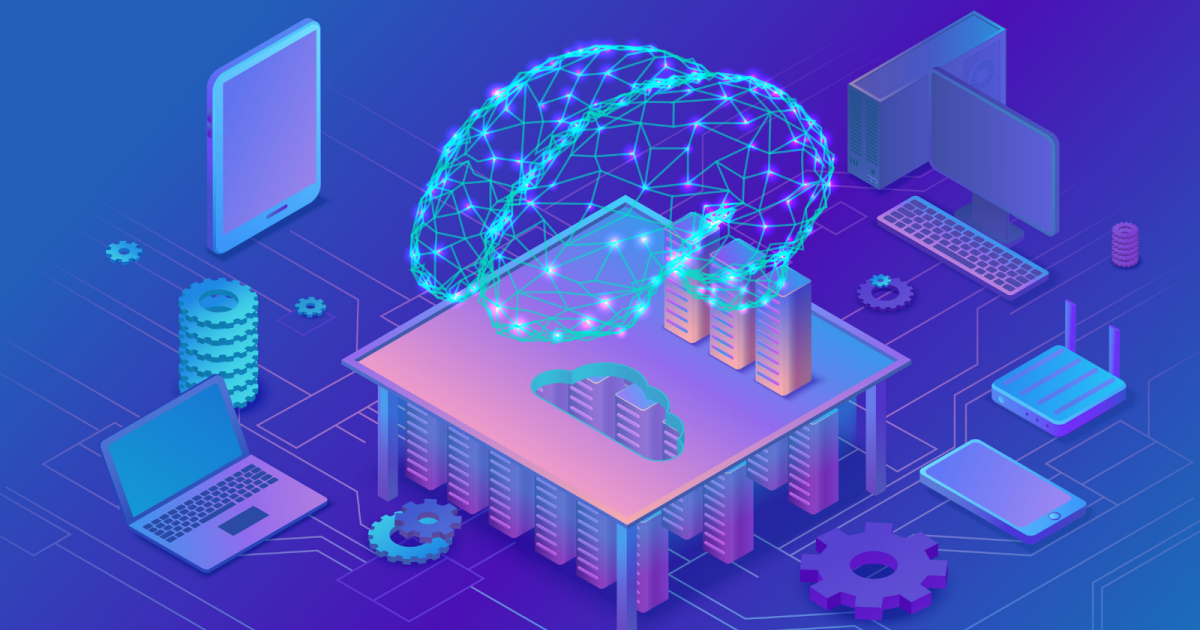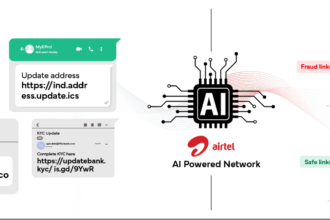Artificial Intelligence (AI) is emerging as a cornerstone technology that might soon stand shoulder to shoulder with foundational technologies like the cloud and the internet. As 2023 unfolds, AI’s impact across various sectors—from business to healthcare—mirrors the broad-reaching influence once heralded by the internet itself. This significance is particularly underscored by AI’s integration into both foundational business processes and cutting-edge applications.
AI’s importance is vividly illustrated by its adoption among high-performing companies, which extensively deploy AI not just for incremental improvements but for pioneering entirely new business models and revenue streams. This is highlighted by organizations that prioritize transformative applications of generative AI, including product innovation and enhancing existing offerings, thereby setting themselves apart from competitors who may focus primarily on cost reductions.
Moreover, AI’s role in bridging the digital and physical realms is increasingly acknowledged by industry leaders. According to recent insights from Accenture, the convergence of AI with other megatrends like the cloud and the metaverse is anticipated to significantly reduce the distinction between our digital and physical experiences. This blend is expected to revolutionize business operations and consumer interactions alike, demanding substantial investments in data and workforce training to fully harness AI’s potential.
AI’s reach extends into more personal aspects of daily life, including healthcare and education, where it promises to democratize access and improve the quality of services. For instance, AI is set to enhance healthcare by assisting with routine tasks, thereby allowing healthcare providers to focus on more critical aspects of patient care, and in education, by personalizing learning experiences that adapt to individual students’ needs.
However, the integration of AI into such broad aspects of life and work is not without challenges. The rapid development and deployment of AI technologies raise significant ethical, privacy, and security concerns. For instance, the misuse of AI in content generation and its potential to amplify social inequalities are pressing issues that require urgent attention from policymakers and industry leaders alike.
As AI continues to evolve and reshape industries, the parallels drawn with the advent of the internet and the cloud are not merely speculative but reflective of the profound impact AI is poised to have on our world. The strategic integration of AI promises to catalyze a new era of innovation and efficiency, provided that its deployment is managed wisely and ethically.


















